As this year comes to a close, it’s essential (and fun) that we reflect on the history that was made and when it comes to cannabis in 2018, it was quite a year. Here’s our list of the most significant things that happened in cannabis in 2018.
Canada Implemented Marijuana Legalization in 2018
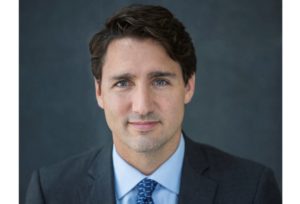 It’s one thing to go state by state, or province by province, but for a whole country to end prohibition—that’s amazing. Canada is only the second nation in the world with legal cannabis. Keep in mind if you go travel to Canada bringing marijuana back to the US is highly illegal.
It’s one thing to go state by state, or province by province, but for a whole country to end prohibition—that’s amazing. Canada is only the second nation in the world with legal cannabis. Keep in mind if you go travel to Canada bringing marijuana back to the US is highly illegal.
Michigan Voted Yes For Legal Cannabis.
The mid-term election brought a solid win for Michigan’s cannabis advocates with 56 percent of voters marking the ballot for cannabis legalization. The election results were verified and on December 6, possession and home growing became two parts of the law that were quickly enacted. Sales to the public likely won’t begin until 2020.
Hemp Makes it to The President’s Desk
 Finally, after almost seven decades of being illegal, hemp, the non-psychoactive brother to marijuana will be legal to grow and process across the US. This is excellent news for CBD-makers and farmers wanting to grow the plant for industrial purposes. It’s a versatile plant that can be used for paper, building houses and oil. The farm bill, which includes hemp was passed by the house and senate is now awaiting the President’s signature.
Finally, after almost seven decades of being illegal, hemp, the non-psychoactive brother to marijuana will be legal to grow and process across the US. This is excellent news for CBD-makers and farmers wanting to grow the plant for industrial purposes. It’s a versatile plant that can be used for paper, building houses and oil. The farm bill, which includes hemp was passed by the house and senate is now awaiting the President’s signature.
Expungement Moves Forward
One of the benefits of legalizing marijuana is the expungement of criminal records for people who were convicted of cannabis possession. Michigan’s governor-elect Gretchen Whitmer is planning taking action on it and the cities of Seattle and Oakland, CA have already started the process. In Oregon, California, Colorado and Maryland similar actions are taking place. A marijuana possession conviction can prevent someone from getting a job or other public benefits.
Goodbye, Jeff Sessions
The cannabis-hating Attorney General of the US was shown the door late in 2018, thankfully. After rescinding previous federal documents that discouraged law enforcement in cannabis legal states, his threats went nowhere and he was out of power before the year-end.
Michigan Takes it Slow in Licensing
Michigan’s licensing of Medical Marijuana Businesses began in December and it’s been a hot slow mess for almost a year. It’s as if the folks at LARA never thought about supply chain, with provisioning centers, labs and transporters getting operating licenses before growers did, creating a SNAFU in the system. The upside is caregivers are now providing cannabis to patients, the downside is patients have to sign a waiver that the product might not be as pure as they expect from a regulated system. Further, the licensing board has been vague, uninformed and punitive in issuing licenses—using the moral conduct clause over and over to deny people a license for cannabis in 2018.
California Opens its Adult Markets
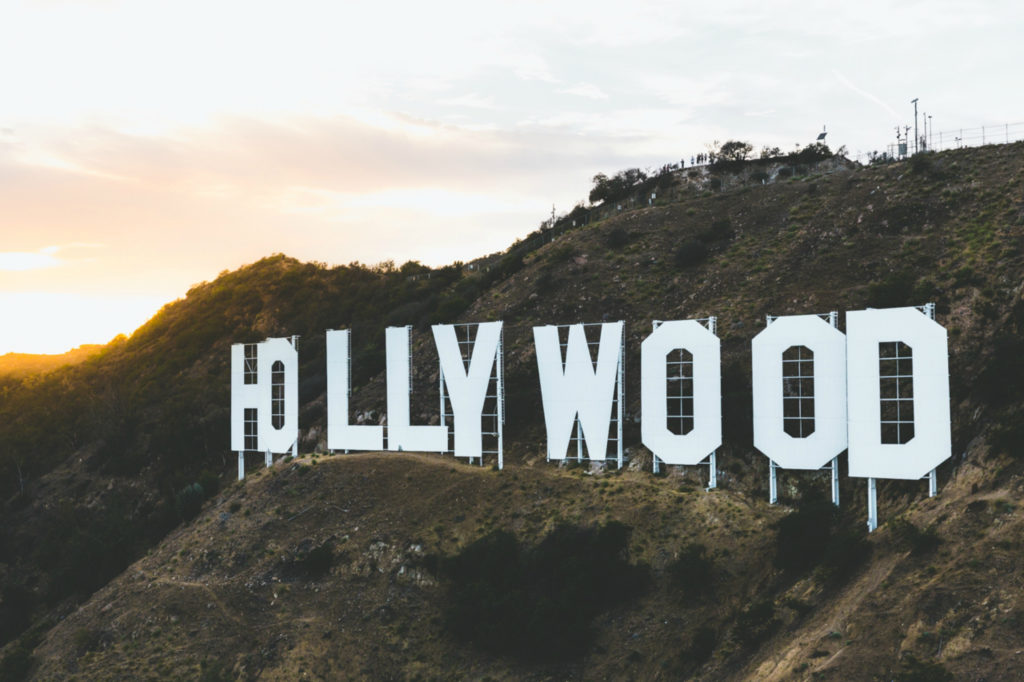 A little more than a year after Californians voted to legalize cannabis, the state opened its markets to adult-use cannabis on January 1, 2018. California is a big state, with the sixth largest economy in the world and projections are putting the industry at 5.1 billion dollars. It’s been a rough go though, with many communities opting out and regulations just now being finalized.
A little more than a year after Californians voted to legalize cannabis, the state opened its markets to adult-use cannabis on January 1, 2018. California is a big state, with the sixth largest economy in the world and projections are putting the industry at 5.1 billion dollars. It’s been a rough go though, with many communities opting out and regulations just now being finalized.
Cannabis as an Exit Drug
More research about opioid and cannabis was completed in 2018 and there’s increasing evidence that for pain, cannabis is a viable alternative. For people who are heavy opioid users or are addicted to painkillers, medical marijuana can help move them away from those drugs.
Survey Says
Another Gallup poll in October this year showed that 2 in 3 Americans (66 percent) favor cannabis legalization. Gallup has been polling Americans about marijuana since 1969 and it has been trending upward since then and the last three years have shown the most significant increases. The research showed that Republicans and older adults are showing support—which isn’t a great surprise since Baby Boomers who came of age with marijuana are now older adults.
Facebook Gaslights Cannabis Businesses
Over the summer people in cannabis noticed that the search function in Facebook wasn’t working for any words related to cannabis or marijuana. Long established brands, businesses and support and advocacy groups were getting a page not found or no posts message. Despite outreach to the platform, the ban remained in place until just before October 17, the date Canada legalized cannabis.
Michigan Grandmother Arrested for Cannabis Possession
Legalization didn’t come fast enough for an 80-year-old woman from central Michigan who was popped at her home when police arrived to locate her great-granddaughter who had lost her wallet and phone. The officer smelled marijuana and asked to see her card when it was found to be expired she was arrested and jailed overnight. She was released the next day and charges were dropped. She had less than ⅛ ounce in her home.
It’s a been a remarkable year in cannabis and from Canna Communication we wish everyone happiness and success in 2019.
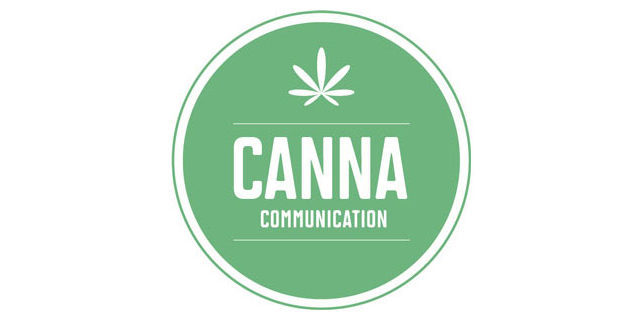

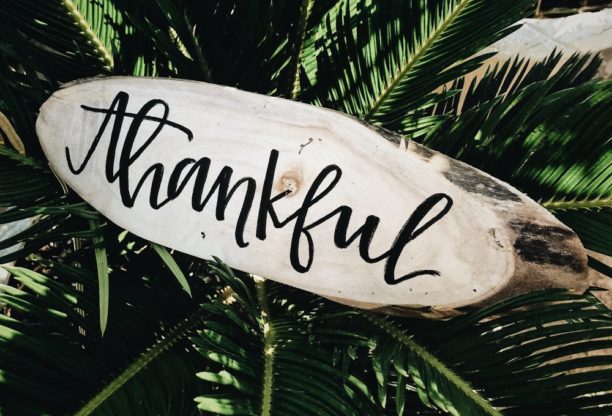
 ber where you were and what you were doing. Some memorable events are bad, like the Challenger explosion, the World Trade Center attacks, or the death of Jerry Garcia. And then there are the good, memorable events.
ber where you were and what you were doing. Some memorable events are bad, like the Challenger explosion, the World Trade Center attacks, or the death of Jerry Garcia. And then there are the good, memorable events.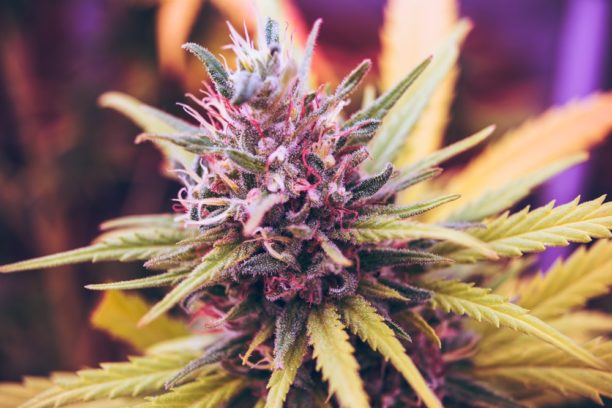
 Since communities can opt-in or out for medical marijuana, a similar policy applies to recreational marijuana legalization in Michigan. But communities will need to opt out. There won’t be provisioning centers in every community—only where zoning has been approved. We’ll probably see a bump in tourism—Michigan will be the first Midwestern state that is legal and there are lots of people who live close to Michigan. Expect that people will come for
Since communities can opt-in or out for medical marijuana, a similar policy applies to recreational marijuana legalization in Michigan. But communities will need to opt out. There won’t be provisioning centers in every community—only where zoning has been approved. We’ll probably see a bump in tourism—Michigan will be the first Midwestern state that is legal and there are lots of people who live close to Michigan. Expect that people will come for  kill you. There are no known cases of cannabis overdoses. Overusing it—usually happens when people overconsume edible cannabis. The effect of edibles is slow to be felt and people tend to take a few extra bites and then, BOOM, an uncomfortable feeling comes on. But it won’t kill you. You might think you are dying, but you won’t be.
kill you. There are no known cases of cannabis overdoses. Overusing it—usually happens when people overconsume edible cannabis. The effect of edibles is slow to be felt and people tend to take a few extra bites and then, BOOM, an uncomfortable feeling comes on. But it won’t kill you. You might think you are dying, but you won’t be.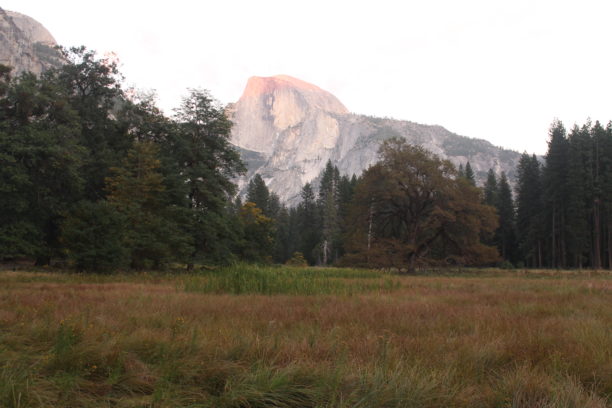

 “With the largest U.S. state now legal, Americans will see cannabis more normalized, and visitors to the Golden State returning home will wonder why they are second-class citizens when it comes to personal liberty and cannabis policy common sense,” Hank said.
“With the largest U.S. state now legal, Americans will see cannabis more normalized, and visitors to the Golden State returning home will wonder why they are second-class citizens when it comes to personal liberty and cannabis policy common sense,” Hank said.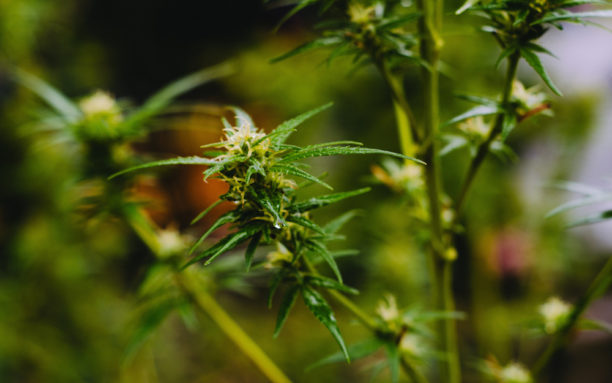
 What this action does is give U.S. Attorneys the ability to prosecute adult-use marijuana businesses. Many of which just opened earlier this week in California.
What this action does is give U.S. Attorneys the ability to prosecute adult-use marijuana businesses. Many of which just opened earlier this week in California.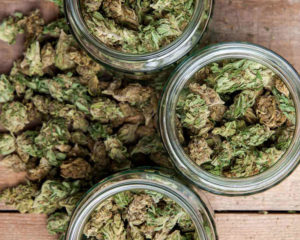 that’s up for renewal later this month. The powerful amendment, which has bipartisan support, protects states with medical marijuana programs. It prevents the federal government from using resources to prosecute people and businesses that are complying with the law in medical marijuana states.
that’s up for renewal later this month. The powerful amendment, which has bipartisan support, protects states with medical marijuana programs. It prevents the federal government from using resources to prosecute people and businesses that are complying with the law in medical marijuana states.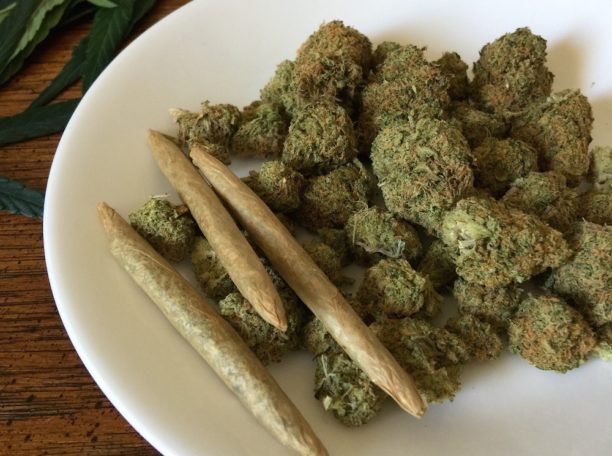
 little practice.
little practice.  and brewers are vital to
and brewers are vital to 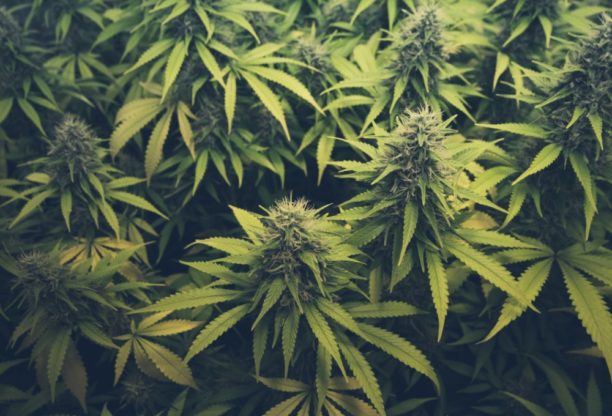
 As much as we love science, we love history and the history of cannabis’ complete federal prohibition is quite new. Listing of cannabis as a Schedule I Drug was a 1972 political action from
As much as we love science, we love history and the history of cannabis’ complete federal prohibition is quite new. Listing of cannabis as a Schedule I Drug was a 1972 political action from